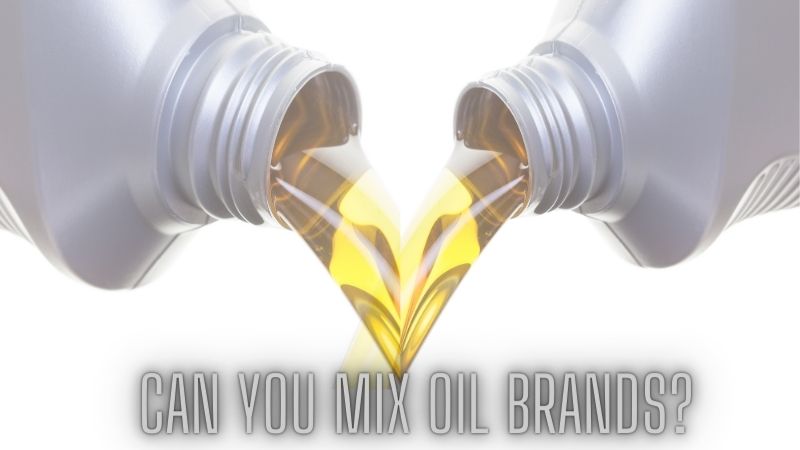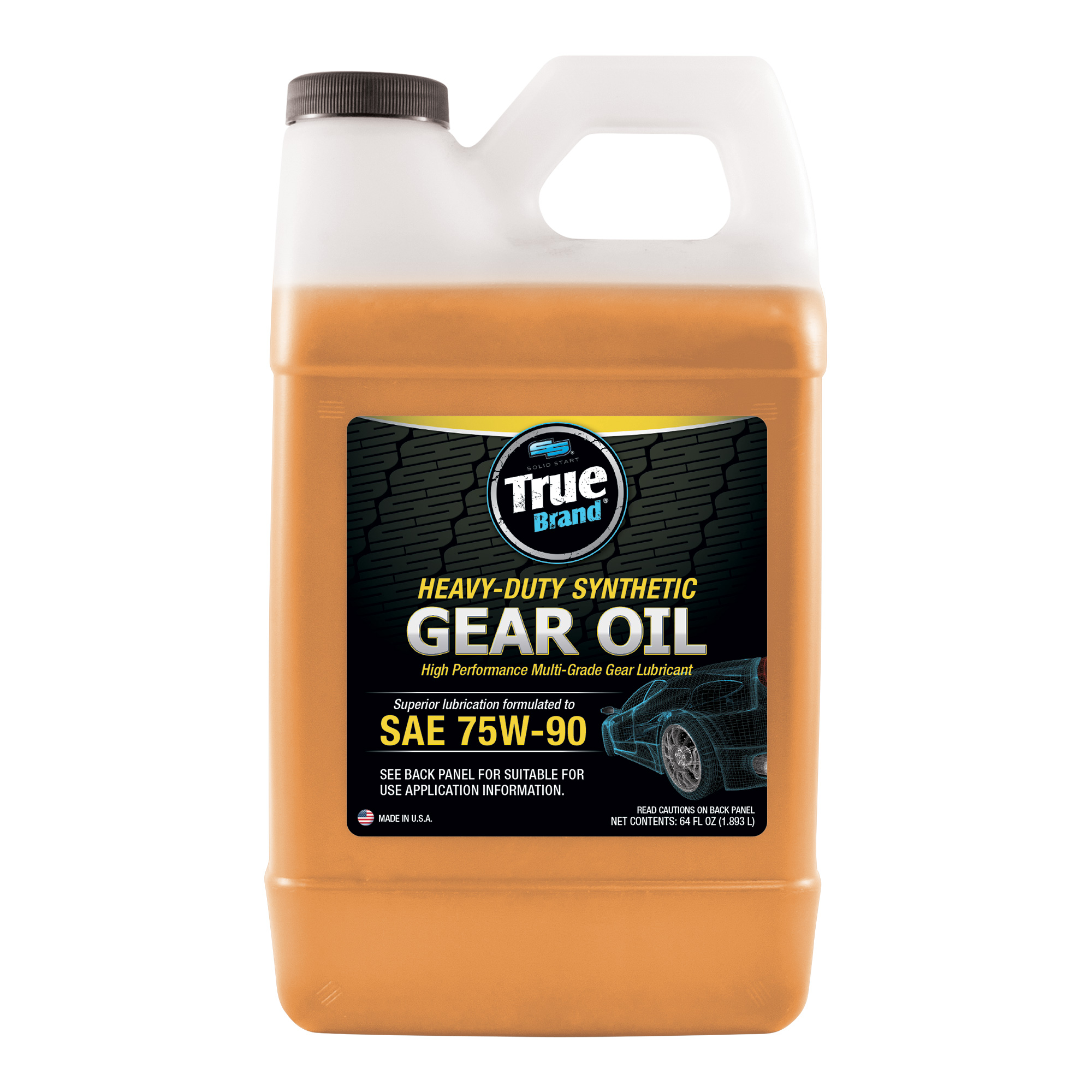Can You Mix Oil Brands If It's The Same Weight

Engine trouble looming? Mixing oil brands of the same weight might not be the disaster some mechanics claim, but proceed with caution. Critical engine health is at stake.
The question of mixing oil brands, even with identical viscosity ratings, is fiercely debated in the automotive world. It boils down to understanding the subtle differences in additive packages and their potential interactions.
The Great Oil Debate: Weight vs. Brand
What's the Core Issue? Can you safely mix 5W-30 from Brand A with 5W-30 from Brand B without damaging your engine?
Many mechanics and engine manufacturers advise against it, citing potential additive conflicts. Additives enhance oil performance in various ways, including detergency, friction reduction, and viscosity stability.
The Role of Additives. Different brands use different formulations. These additives may not always play nicely together.
According to Petroleum Quality Institute of America (PQIA), while all API-certified oils must meet minimum performance standards, the specific chemical makeup varies greatly. PQIA performs independent testing on motor oils, offering insights into quality discrepancies.
Why the Concern?
Potential Risks. Some mechanics and automotive engineers fear that mixing additive packages could lead to reduced performance or, in rare cases, the formation of sludge or corrosive compounds.
Sludge buildup can restrict oil flow, causing overheating and engine damage. Corrosive compounds can wear down engine components prematurely.
Real-World Scenarios. Imagine you are on a road trip and need to top off your oil. You can't find your usual brand.
Using a different brand of the same weight is often a better option than driving with low oil. This is according to statements released by AAA and numerous automotive maintenance blogs.
Expert Opinions and Evidence
Industry Perspective. While manufacturers generally advise against mixing, they acknowledge it's preferable to running the engine with insufficient oil.
A statement released by Valvoline, a major oil manufacturer, notes that while their oil is designed to be compatible with other API-certified oils, they recommend sticking to one brand and formulation for optimal performance.
Anecdotal Evidence. Many drivers report mixing oil brands without experiencing any immediate negative effects. However, long-term consequences are harder to track.
Car Talk, a popular automotive advice radio show, often fields questions about oil mixing. Their general consensus is that it’s "okay in a pinch" but not a recommended long-term practice.
The Bottom Line
Short-Term vs. Long-Term. In an emergency, mixing oil brands of the same weight is generally considered safe for topping off.
However, for regular oil changes, it's best practice to stick with a single brand and formulation to avoid potential long-term issues related to additive incompatibility.
Recommendations. Consult your vehicle's owner's manual for specific oil recommendations and guidelines.
Next Steps and Ongoing Developments
Future Research. More research is needed to fully understand the long-term effects of mixing different oil brands and additive packages.
Organizations like the Society of Automotive Engineers (SAE) could conduct further testing to provide more definitive answers.
Monitoring Your Engine. After mixing oil brands, closely monitor your engine's performance for any unusual noises, changes in oil pressure, or signs of overheating.


















